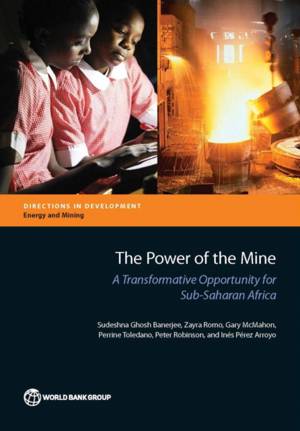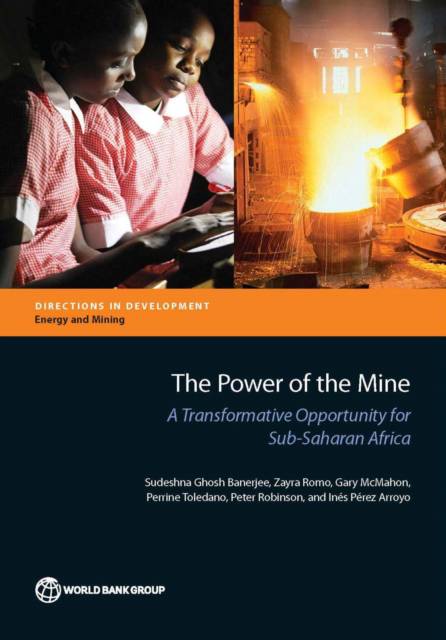
- Retrait gratuit dans votre magasin Club
- 7.000.000 titres dans notre catalogue
- Payer en toute sécurité
- Toujours un magasin près de chez vous
- Retrait gratuit dans votre magasin Club
- 7.000.0000 titres dans notre catalogue
- Payer en toute sécurité
- Toujours un magasin près de chez vous
Description
"Africa needs power - to grow its economies and enhance the welfare of its people. Power for all is still a long distance away - two thirds of the population remains without electricity and enterprises rank electricity as a top constraint to doing business. This sub-optimal situation coexists while vast energy resources remain untapped. One solution to harness these resources could be to tap into the concept of anchor load. Mining industry lends itself to the concept of anchor load as it needs power in large quantity and reliable quality to run its processes. Underpinned by a comprehensive database of mining projects between 2000 and 2020, this report explores the potential and challenges of using mining demand for power as anchor load for national power system development and expansion of electrification. This report finds that mining demand can indeed be a game-changer - an opportunity where policymakers and international community can make a difference in tapping the enormous mineral wealth of Africa for the benefit of so many people. The utilities would benefit from having mining companies as creditworthy consumers that facilitate generation and transmission investments producing economies of scale needed for large infrastructure projects, benefiting all consumers in the system. The mines would benefit from grid supply-typically priced much lower than self-supply-which allows them to focus on their core business, greatly enhancing their competitiveness. The country would benefit from more exports and tax revenues from mines, more job opportunities in local firms selling goods and services to the mines, and a higher GDP. The report estimates that mining demand for power can triple since 2000 going upto 23 GW in 2030. While South Africa will continue to be the dominant presence in mining landscape, its importance will reduce and other countries, primarily in Southern African region, will emerge as important contributers of mining demand for power. Simulations in countries with minimal power-mining interface suggests that bringing this demand explicitly into the power planning process can ensure more investments in both grid and off-grid power systems and potentially superior service delivery outcomes for mines as well as communities. These opportunities can also be attractive investment destinations for private sector. However, there are also risks and institutional roadblocks in power-mining integration - addressing many of them and employing risk mitigation mechanism are within the control of policymakers."
Spécifications
Parties prenantes
- Auteur(s) :
- Editeur:
Contenu
- Nombre de pages :
- 170
- Langue:
- Anglais
- Collection :
Caractéristiques
- EAN:
- 9781464802928
- Date de parution :
- 29-10-14
- Format:
- Livre broché
- Format numérique:
- Trade paperback (VS)
- Dimensions :
- 178 mm x 254 mm
- Poids :
- 308 g

Les avis
Nous publions uniquement les avis qui respectent les conditions requises. Consultez nos conditions pour les avis.






